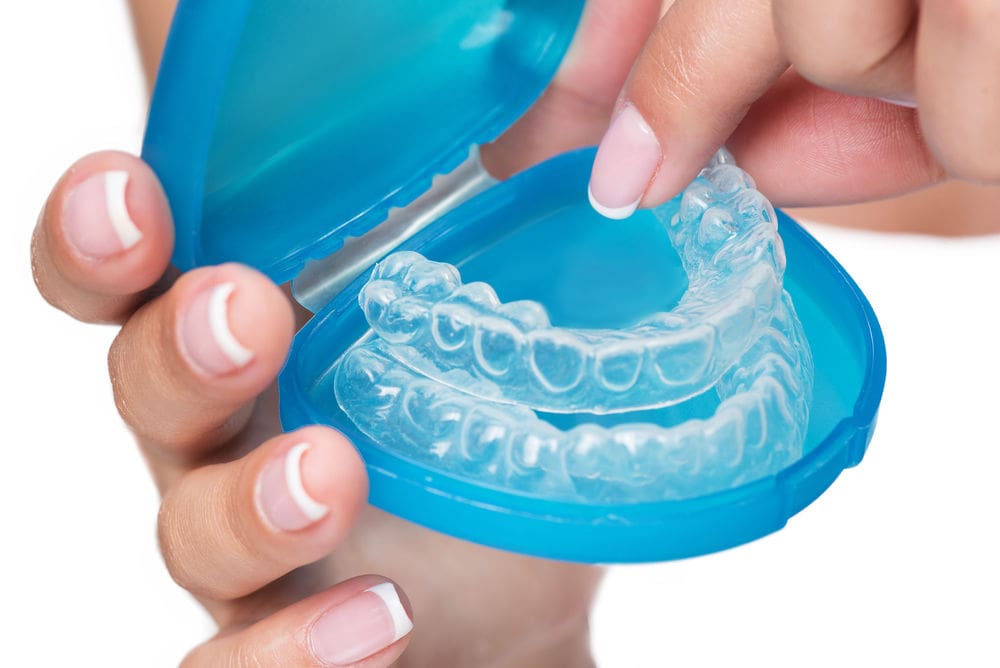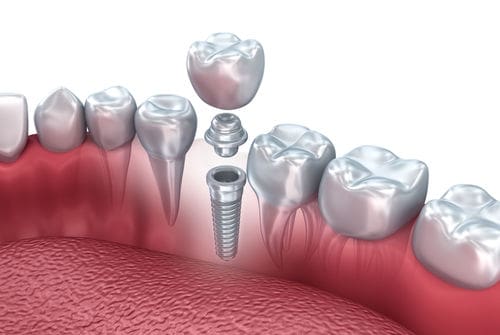A root canal is a procedure performed when a tooth’s nerve becomes infected. This can happen due to decay, a cracked tooth, or an injury. They are usually not painful, and most patients report that the procedure is no more uncomfortable than having a filling placed.
When Is a Root Canal Necessary?
To save the tooth, the dentist must perform a root canal. This involves removing the infected pulp from the tooth, cleaning the inside, and then filling and sealing the tooth. Pulp infections occur when the soft tissue inside your tooth, known as the pulp, becomes inflamed or infected.
This can happen for several reasons, including tooth decay, a cracked or chipped tooth, or an injury to the tooth. If left untreated, an infection in the pulp can spread to other parts of your mouth and body and lead to serious health complications.
What to Expect from the Surgery
The dentist will remove the infected pulp from your tooth and clean out the inside of the tooth. They will then fill the tooth and seal it with a dental crown to protect it and restore its function. Here’s how you can prepare for a root canal surgery:
- Your dentist will begin by drilling a small access hole into the tooth so that they can reach the inside of the tooth. Then, they will clean out the inside of the tooth, removing the damaged pulp and nerve tissue. Once the inside of the tooth is clean, they will fill it with a rubber-like material called gutta-percha and seal the access hole.
- A small hole is drilled into your tooth to access the inside chamber of your tooth. Then, a series of root canal files are fed into this hole and used to remove the decayed tissue from inside the pulp chamber and root canals. This also means the nerve and blood vessels will be removed as well.
- After the pulp chamber and root canals have been cleared of debris, your dentist will rinse the inside of your tooth with a microbial solution to disinfect it.
- Your dentist will then fill the inside of the tooth with a rubber-like material called gutta-percha. After that, the access hole will be filled with composite resin. Lastly, the outside of the tooth will be restored using a dental crown.
What to Do Before the Surgery
Pick Up Prescriptions
Be sure to get any medication your dentist prescribes ahead of time so you’re not running around trying to get it later. This is especially important if you’re supposed to start taking antibiotics before the appointment. It’s also a good idea to have pain medication on hand before the procedure so you’re not struggling later.
Freeze Ice Packs
Freezing ice packs before your root canal procedure can help reduce any discomfort you may experience afterward. It is recommended to freeze a few ice packs so that you can rotate them out as needed.
Ask Questions
Your dentist will be more than happy to answer questions about root canals. They want you to be as comfortable and informed as possible before proceeding with the procedure. Furthermore, post-treatment care is often essential for a successful outcome, so you must be clear on what is expected of you after the procedure and confident that you will be able to follow through.
Conclusion
Root canal surgery is a serious procedure that should only be undertaken after careful consideration and consultation with a qualified medical professional. Preparation for the surgery itself is important and should include quitting smoking and avoiding alcohol in the weeks following the surgery. Additionally, eating a healthy diet and getting plenty of rest are important to promote healing after the surgery.
Liberia Dental Care provides unique dental treatments to patients of all ages. Our mission is to protect our patients’ dental health through prompt diagnosis and treatment of oral diseases. Our services in dentistry include preventive, corrective, cosmetic, and management techniques. If you need root canal services in Manassas, VA, we can help. Get in touch with us and discover your ideal solution for a healthier smile today!









